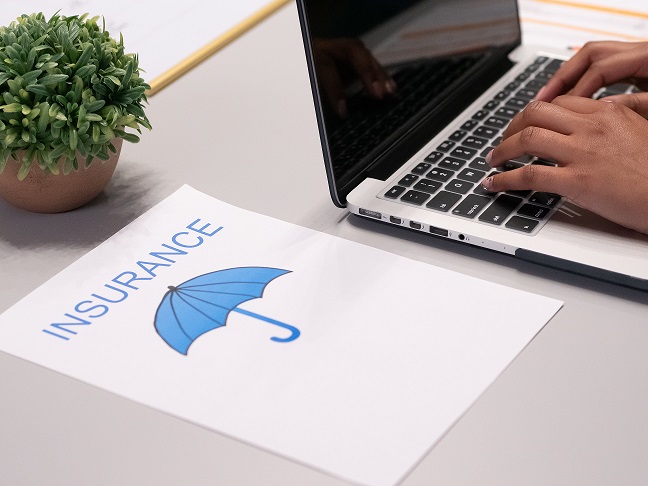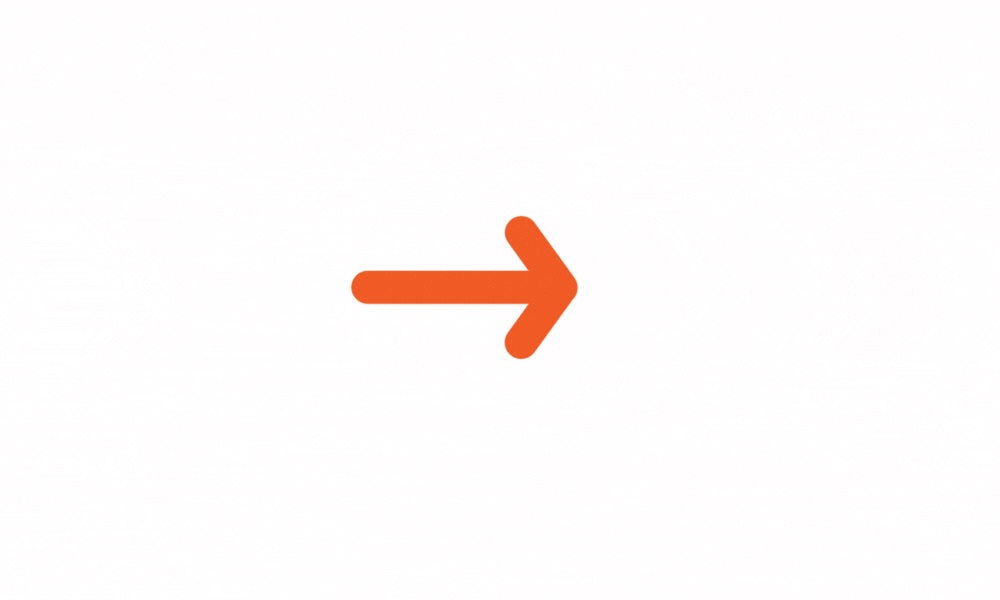Explore the fascinating world of insurance, from its basic principles to its evolution over time. Gain insights into how insurance spreads risk, its historical origins, and its modern-day practices. Dive into this comprehensive blog post now!
Table of Contents
Insurance is an integral part of our lives, offering financial protection against unexpected events. Have you ever wondered how insurance actually works? In this blog post, we’ll delve into the intricacies of insurance, examining its fundamental principles and how it has evolved over time. From ancient Chinese and Babylonian practices to the rise of modern insurance companies, we’ll uncover the fascinating story behind this vital industry.
How Insurance works
At its core, insurance is a mechanism that spreads risk from individuals to the broader community. Imagine two individuals, Bob and Jim. Bob proposes a scenario to Jim: he will give Jim $10, but if Bob loses his cell phone, Jim will have to buy him a new one. If Jim agrees, this simple agreement can be seen as a basic form of insurance. Insurance companies capitalize on this concept by evaluating risks and determining whether they are worth assuming. This evaluation enables them to protect individuals from potential financial ruin while ensuring their own profitability.
See: ULIPs for Insurance and Capital growth
Ancient Origins and the Birth of Modern Insurance
The idea of spreading risk has a long history, with ancient civilizations like the Chinese and Babylonians employing similar practices to mitigate shipping risks. However, it wasn’t until the 17th century in London that modern insurance truly took off. In the bustling coffee shops of London’s business district, where merchants and traders gathered, the concept of insurance as we know it today began to take shape. Lloyd’s of London, the renowned insurance market, was established during this period. These coffee houses became the birthplace of modern insurance, facilitating discussions and agreements that safeguarded the interests of ship owners and traders.
The Insurance Process
Let’s explore how insurance works in practice. A client, such as a ship owner concerned about potential risks, approaches an insurance broker. The broker assesses the ship’s value, evaluates associated risks, and creates an insurance policy. This policy is then presented to underwriters, who determine the premium based on the risks involved. While multiple underwriters may be involved, one assumes the role of the lead underwriter and takes the largest portion of the risk. Once the terms are agreed upon, the policy becomes legally binding, and the client pays the insurance premium to the broker.
Claims and Reinsurance
In the unfortunate event of a loss, the client or their representative informs the insurance broker, who relays the information to the lead underwriter. The other underwriters involved are also notified. The broker’s responsibility now shifts to negotiating the best possible claim settlement for the client. The underwriters pay the agreed amount to the broker, who passes it on to the client without any deductions. Additionally, underwriters may choose to reinsure the policy, transferring a portion of the risk to other underwriters while retaining a share of the premium. This practice further safeguards underwriters’ interests.
Evolution of Insurance
Insurance has evolved significantly over time. Today, insurance companies fiercely compete, driving policies to their lowest possible premiums. These companies aim to write as many policies as possible, creating a substantial financial pool. By investing these funds and exploring various financial products, insurance underwriters generate revenue outside of the traditional insurance realm. This approach ensures their profitability, even if they pay out more in claims than they collect in premiums. As a result, the insurance industry continues to flourish, providing individuals and businesses with crucial financial protection.




